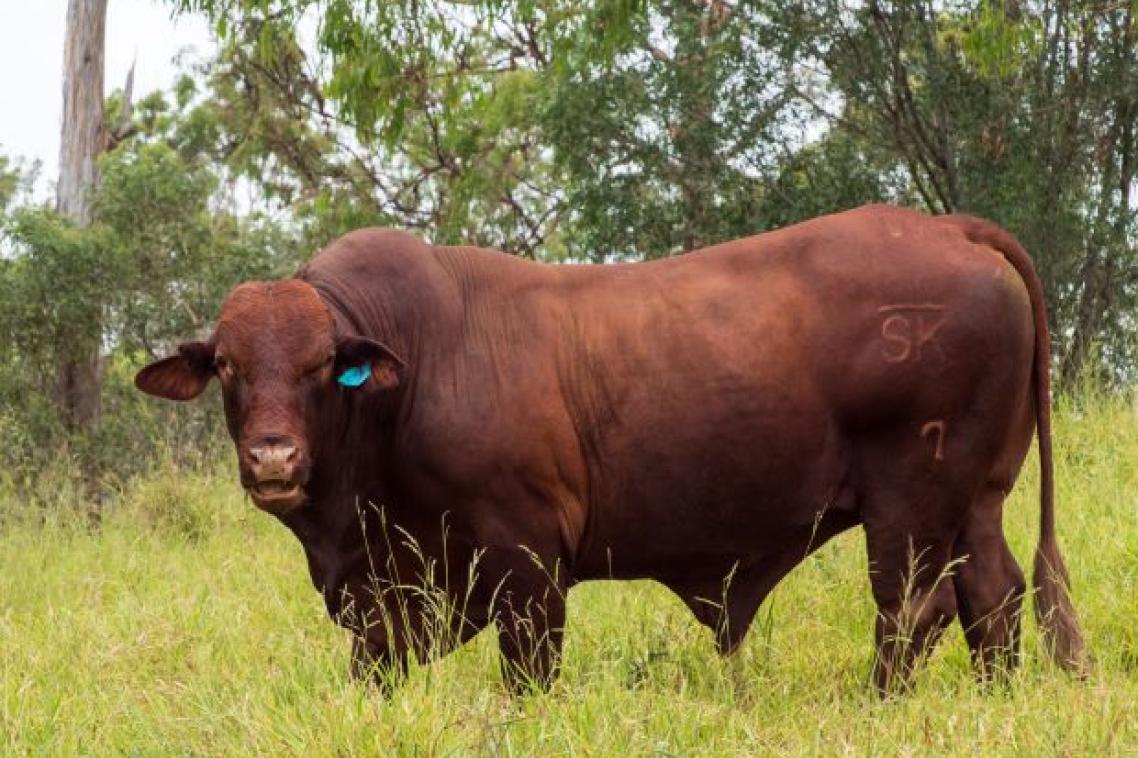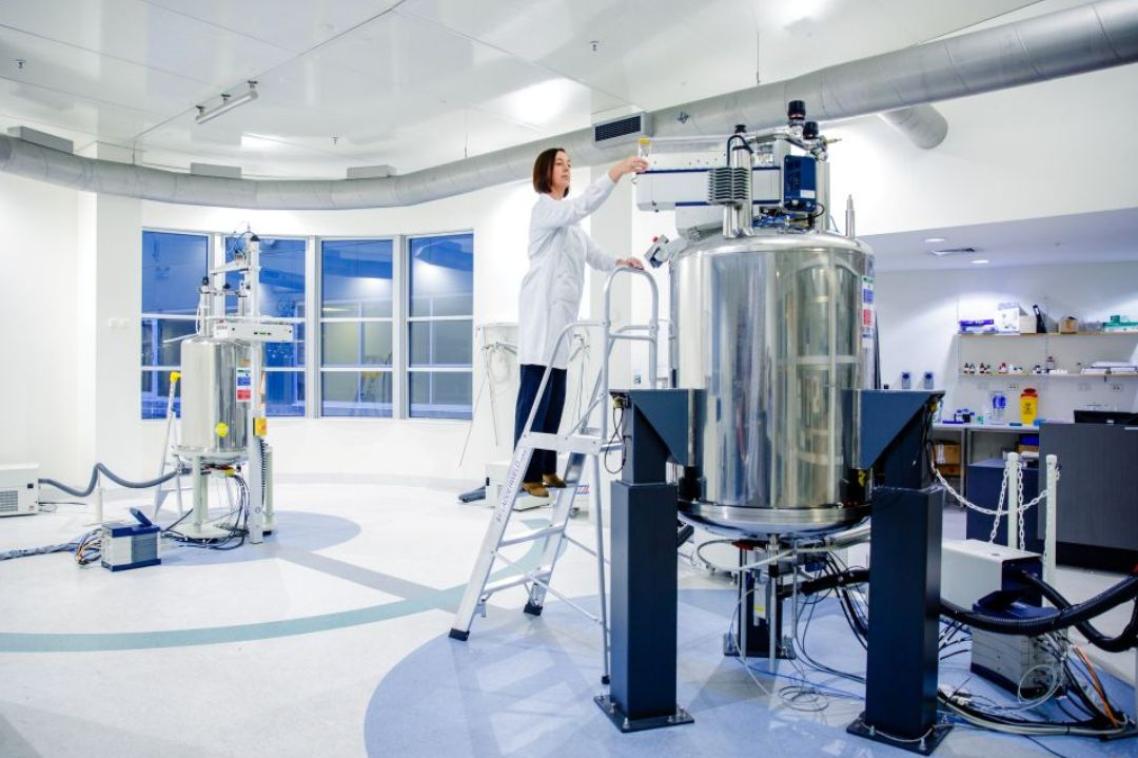Preventing costly cattle disease to boost fertility rates

The impacts of a venereal disease that causes cattle infertility and costs the industry hundreds of millions of dollars could be mitigated by an experimental vaccine created at The University of Queensland.
Professor Ala Tabor from the Queensland Alliance for Agriculture and Food Innovation said vaccines for the bovine trichomoniasis protozoa are available overseas, but not in Australia.
“When you import a vaccine, it has to be quarantined and the animals treated with it aren’t allowed into the food chain, so it is more efficient and practical to manufacture the vaccine in Australia,” Professor Tabor said.
“If we can get local strains of the disease and develop them into a vaccine, it’s effective, safer and easier – there’s no quarantine and the animals can enter the food chain.”
The work was prompted by the results from a survey for the disease led by Professor Michael McGowan from UQ’s School of Veterinary Science, revealing that bulls at abattoirs from all of Australia’s major beef breeding regions, and more than one in 10 bulls in northern regions, were infected.
“Bovine trichomoniasis is caused by a protozoa carried by bulls and is transmitted to females during mating,” Professor Tabor said.
“This can make cows infertile or cause them to abort.”
QAAFI Senior Research Fellow Dr Kieren McCosker helped collect samples from bulls’ reproductive tracts.
These samples were then cleaned and analysed.
“If a successful vaccine is developed out of this, it could be an important development,” Dr McCosker said.
“In North Australian beef herds, losses from confirmed pregnancy to weaning are typically in the order of 5 to 15 percent and are estimated to cost the industry between $60 and $100 million a year.
“While not solely responsible, at the level of prevalence recently reported for bovine trichomoniasis, the disease is likely to be contributing to this reproductive inefficiency.
“Having a vaccine for beef producers to help manage that would be a very welcome outcome.”
The vaccine candidate was tested in a small group of bulls and was successful.
Professor Tabor is now working with Meat & Livestock Australia (MLA) and commercial industry partners to conduct larger trials.
The work was carried out by researchers at QAAFI’s Centre for Animal Science, UQ’s School of Veterinary Science and staff at Pinjarra Hills Research Facility, with the assistance of MLA.
Above left: Professor Ala Tabor. Image: QAAFI.
Images and video are available via Dropbox.
Media: Professor Ala Tabor, a.tabor@uq.edu.au, +61 417 737 595; Dr Kieren McCosker, k.mccosker@uq.edu.au; +61 447 828 315; QAAFI Media, Natalie MacGregor, n.macgregor@uq.edu.au, +61 409 135 651.
Related articles

UQ experts recognised for national impact

Anyone can be a hacker with AI – so what does that mean for the cyber defence industry?
Media contact
UQ Communications
communications@uq.edu.au
+61 429 056 139
